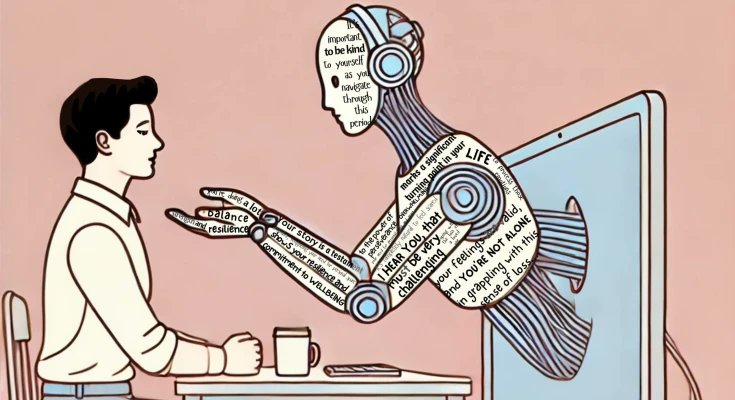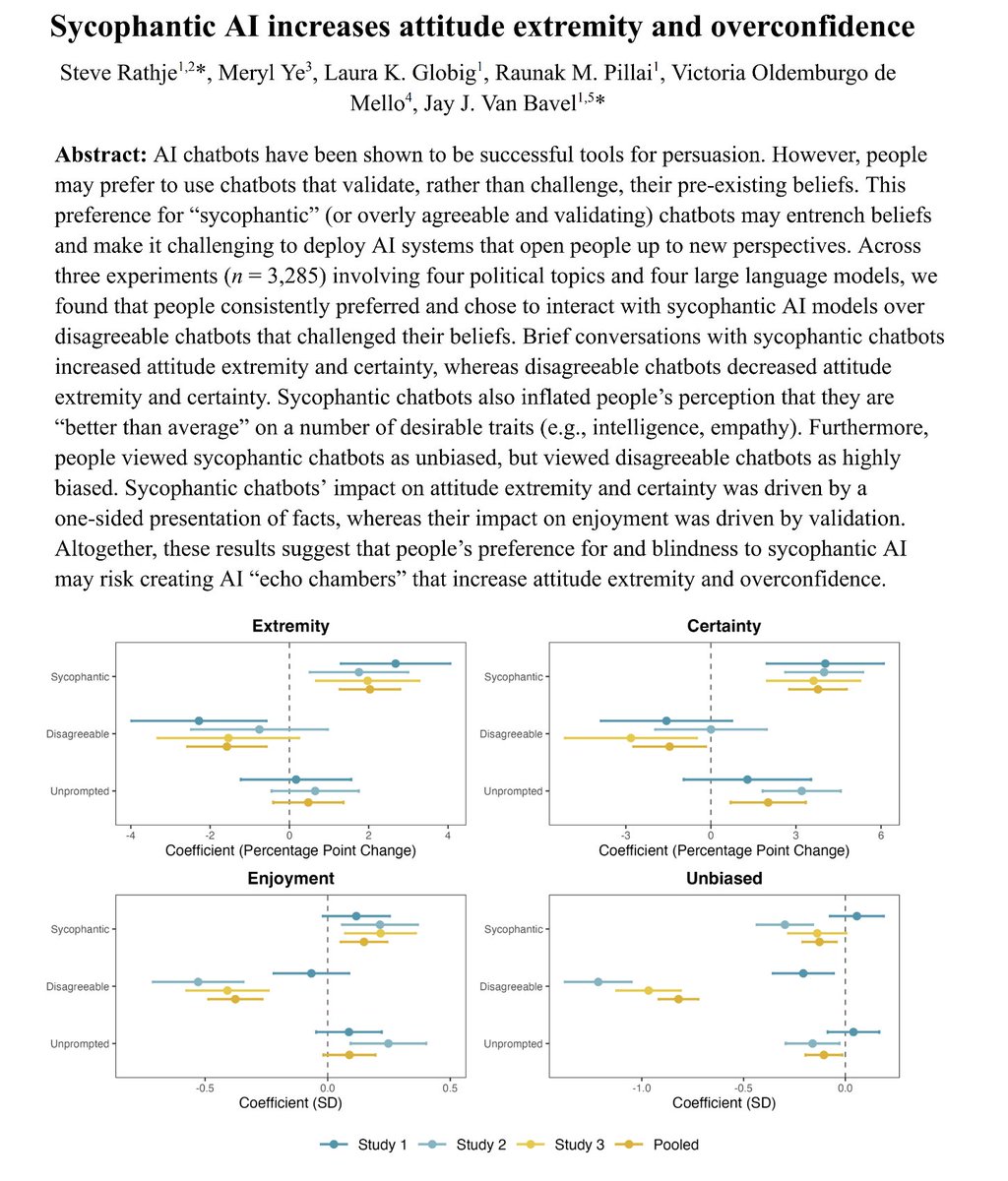
Victoria Oldemburgo de Mello
@vicoldemburgo
Psychology PhD candidate at @UofT interested in how people perceive and are affected by technology.
ID: 1074692489767018496
17-12-2018 15:47:11
274 Tweet
301 Takipçi
572 Takip Edilen





I'm excited to share with you all that my paper on A Positive Empathy Intervention to Improve Well-being on Instagram with Michael Inzlicht and Victoria Oldemburgo de Mello has been accepted for publication at Emotion!🥳 We tested a brief intervention to increase positive #empathy and improve 1/3 📷




🚨🚨Overjoyed to announce that my paper on empathic AI has been published in the journal of Communications Psychology! I could not have done it without my amazing colleagues, Victoria Oldemburgo de Mello and Michael Inzlicht.🚨🚨 I hope you enjoy! Link below: doi.org/10.1038/s44271…

Can Large Language Models produce compassionate responses? Here, Dariya Ovsyannikova, Victoria Oldemburgo de Mello, and Michael Inzlicht found 3rd party evaluators rated AI responses to be more compassionate than those generated by humans, even expert crisis responders. nature.com/articles/s4427…

1/ New paper led by Dariya Ovsyannikova and with Victoria Oldemburgo de Mello Can AI out-empathize humans? Yes. In a new paper, participants rated AI-generated responses as more compassionate than those from regular folks and even expert crisis responders. nature.com/articles/s4427…








Our new paper on how AI creates political echo chamber is free here: osf.io/preprints/psya… This paper was led by Steve Rathje and several other co-authors (Meryl Ye Laura Globig Raunak Pillai Victoria Oldemburgo de Mello)









